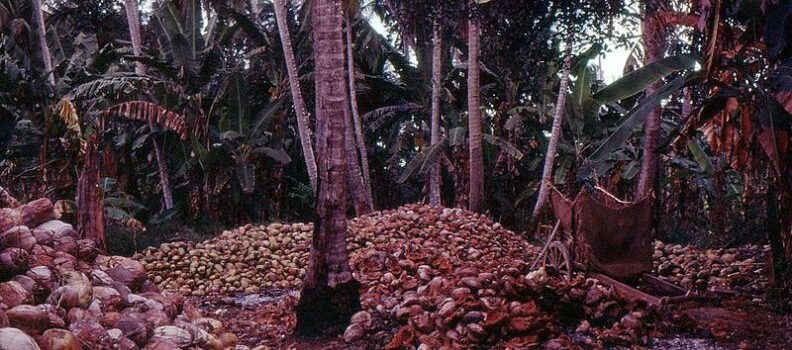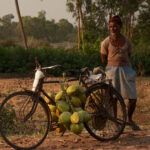
We really enjoyed reading this fascinating coconut paper by Philip Cerepak, a PhD candidate studying Southeast Asian History at the University of Wisconsin-Madison, and are pleased to share it to our CKC audience.
“Between 1650 and 1900, revolts, rebellions, and resistance by sugar workers increased as sugar became a daily fixture in the European and American diet. And, in the twentieth century, increased global consumption of coconut oil turned coconuts into a catalyst of conflict.
Before 1860, European imperial powers did not trade extensively in copra, the dried meat of a coconut. Within a hundred years, however, demand for copra would make it one of the most extensively traded agricultural goods throughout the world. Copra’s rise as a necessary import within the western world was a result of industrialization, war-time experiences, and the importance of fats and oils for food, feed, and the raw material industry.”
Leave a Reply

